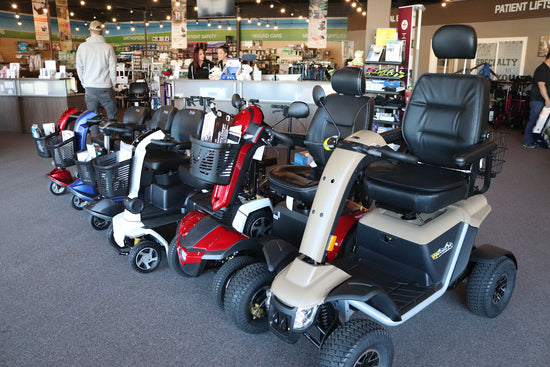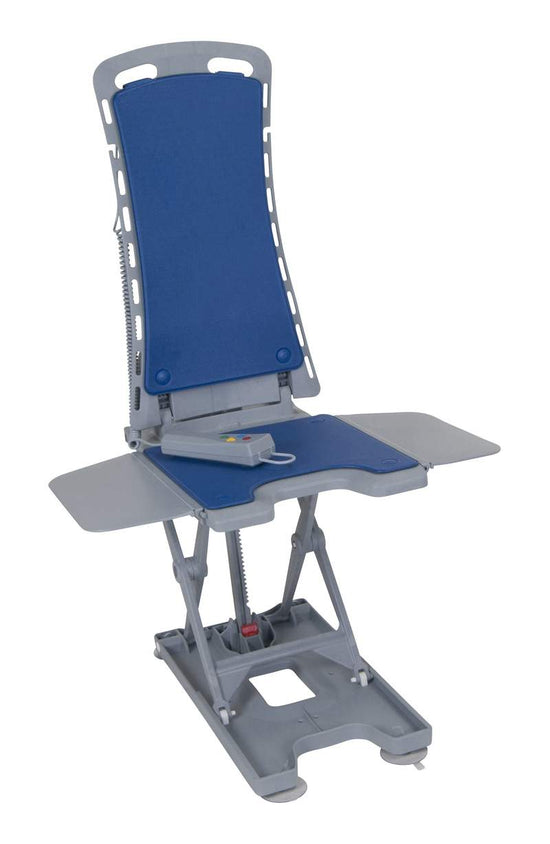Each year falls cause more than 2.8 million injuries among seniors in the United States, many of which are serious and can result in long-term disability.
In fact, falls are the leading cause of injury and death among people aged 65 and older.
But there are things you can do to prevent a fall from happening in the first place.
Read on for some tips on how to stay safe while aging gracefully.
Some tips to prevent falls include:
- Get regular checkups and vision tests. Regular checkups can help your doctor identify problems that might lead to a fall, such as poor vision or balance issues. Having good vision is important for avoiding falls, so make sure you get your eyes checked regularly.
- Stay active. Exercise helps improve balance and coordination, which can help prevent falls. Try to get at least 30 minutes of exercise most days of the week.
- Wear shoes that fit well and are stable. Shoes that are too loose or too tight can be a safety hazard. Make sure your shoes are comfortable and provide good support.
- Remove hazards from your home. Take a look around your home and identify any potential fall hazards, such as loose rugs or electrical cords. Once you’ve identified these hazards, take steps to remove them from your environment.
- Use assistive devices. Assistive devices, such as canes or walkers, can help you stay steady on your feet. If you’re at risk of falling, talk to your doctor about whether an assistive device might be right for you.
- Make your home more “fall-proof”. Some simple changes to your home can help make it safer and reduce your risk of falling. These changes might include installing handrails on stairways and in bathrooms, adding nonslip mats in the tub or shower, and improving lighting in your home.
- Be aware of your medications. Some medications can cause dizziness or drowsiness, which can lead to falls. If you’re taking medication, talk to your doctor about the side effects and whether they might increase your risk of falling.
- Limit alcohol intake. Drinking too much alcohol can make you dizzy and more likely to fall. If you drink alcohol, do so in moderation.
- Know your limits. When engaging in activities that might be risky, such as climbing a ladder, it’s important to know your limits and take precautions accordingly. If you’re not sure how to safely do something, don’t be afraid to ask for help.
- Talk to your doctor about fall prevention. If you’re concerned about falling, talk to your doctor. He or she can assess your risk and recommend specific measures to help prevent a fall from happening.
As you can see, there are many things you can do to prevent falls from happening in the first place. It’s important to be proactive and take steps to make your home safer and stay active. If you’re at risk of falling, talk to your doctor about what measures might be right for you. By following these tips, you can age gracefully and safely.




